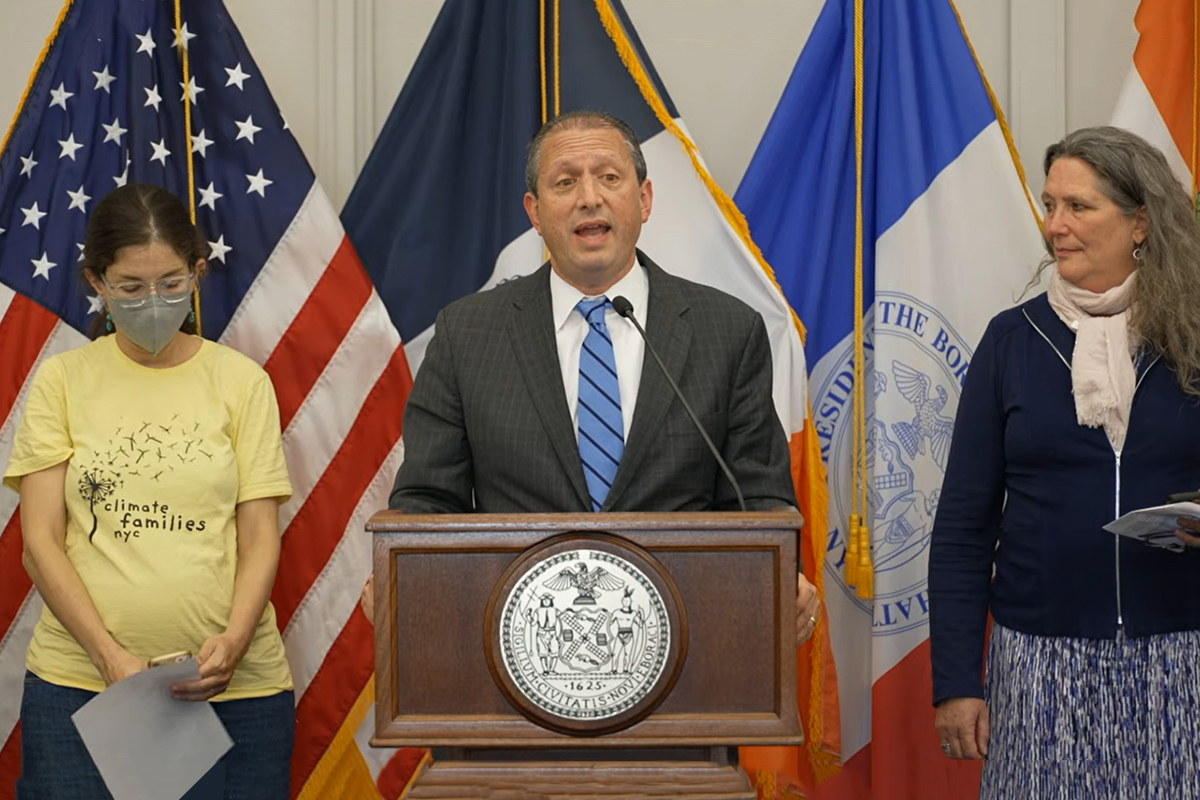Infra
NYC Comptroller Lander Proposes Fossil Fuel Ban in Pension Funds – ESG News

Key Impact Points:
- Policy Expansion: Comptroller Brad Lander proposes that NYC public pension funds cease future investments in midstream and downstream fossil fuel infrastructure.
- Building on Previous Actions: The proposal extends prior divestments from fossil fuel reserve owners and upstream fossil fuel investments.
- Mitigating Financial Risks: Aims to reduce climate-related financial risks and align with the funds’ Net Zero Implementation Plans.
The News:
New York City Comptroller Brad Lander has proposed a policy for the city’s public pension funds to cease future investments in midstream and downstream fossil fuel infrastructure. This move would expand the funds’ existing exclusions to include assets like pipelines and LNG terminals in their private equity and infrastructure portfolios.
Why It Matters:
“Climate risk is financial risk, and we have a fiduciary duty to our beneficiaries to take that risk seriously as we make long-term investment decisions,” said Comptroller Brad Lander. “The impacts of the climate crisis are playing out in real time, with more frequent hurricanes, flash floods, intense heat waves, and deteriorating air quality jeopardizing our planet and our portfolios. Excluding pipelines and LNG terminals from future investments will help mitigate the systemic risks that climate change poses to the global economy and to New York City’s public pension funds.“
Context:
- Previous Divestments: The pension funds divested from fossil fuel reserve owners in their public equities portfolio, completed in 2022.
- Upstream Exclusions: In 2023, they voted to exclude upstream fossil fuel investments (exploration and extraction) in private markets.
- Current Proposal: Expands exclusions to midstream and downstream infrastructure in private equity and infrastructure portfolios.
Related Article: Colombia Unveils $40 Billion Climate Transition Plan to Replace Fossil Fuel Revenue
Alignment with Net Zero Goals:
These exclusions are part of the funds’ broader Net Zero Implementation Plans, adopted in 2023, which include:
- Annual disclosure of Scope 1, 2, and 3 emissions.
- Strategic engagement with portfolio companies and asset managers to reduce real-world emissions.
- Scaling up investments in renewable energy and climate solutions, now over $11 billion.
Industry and Community Support:
Tom Sanzillo, Director of Financial Analysis at the Institute for Energy Economics and Financial Analysis, stated: “Comptroller Lander has taken a big step to improve accountability on climate change and emissions. His action today starts a process to eliminate city funds going into downstream and midstream fossil fuels companies is a meaningful and prudent climate policy.“
Loren Blackford of the Sierra Club remarked: “This new policy would help address the growing role of private market investments in financing dirty fossil fuel projects and enabling major polluters that operate with little transparency.“

Chief Na’Moks, Wet’suwet’en Hereditary Chief, noted: “Today’s announcement from Comptroller Lander signals to Wall Street that one of the largest pension funds in the United States will no longer allow private equity to make new investments in midstream projects like the one that threatens our Nation.“

What’s Next:
Staff from the Comptroller’s Bureau of Asset Management will develop specific policy language and present it to the trustees of the three funds in early 2025, along with an assessment of its implications and impacts.
The Bottom Line:
By proposing to exclude future investments in fossil fuel infrastructure, Comptroller Lander aims to protect the pension funds from climate-related financial risks and align investments with a sustainable future.










